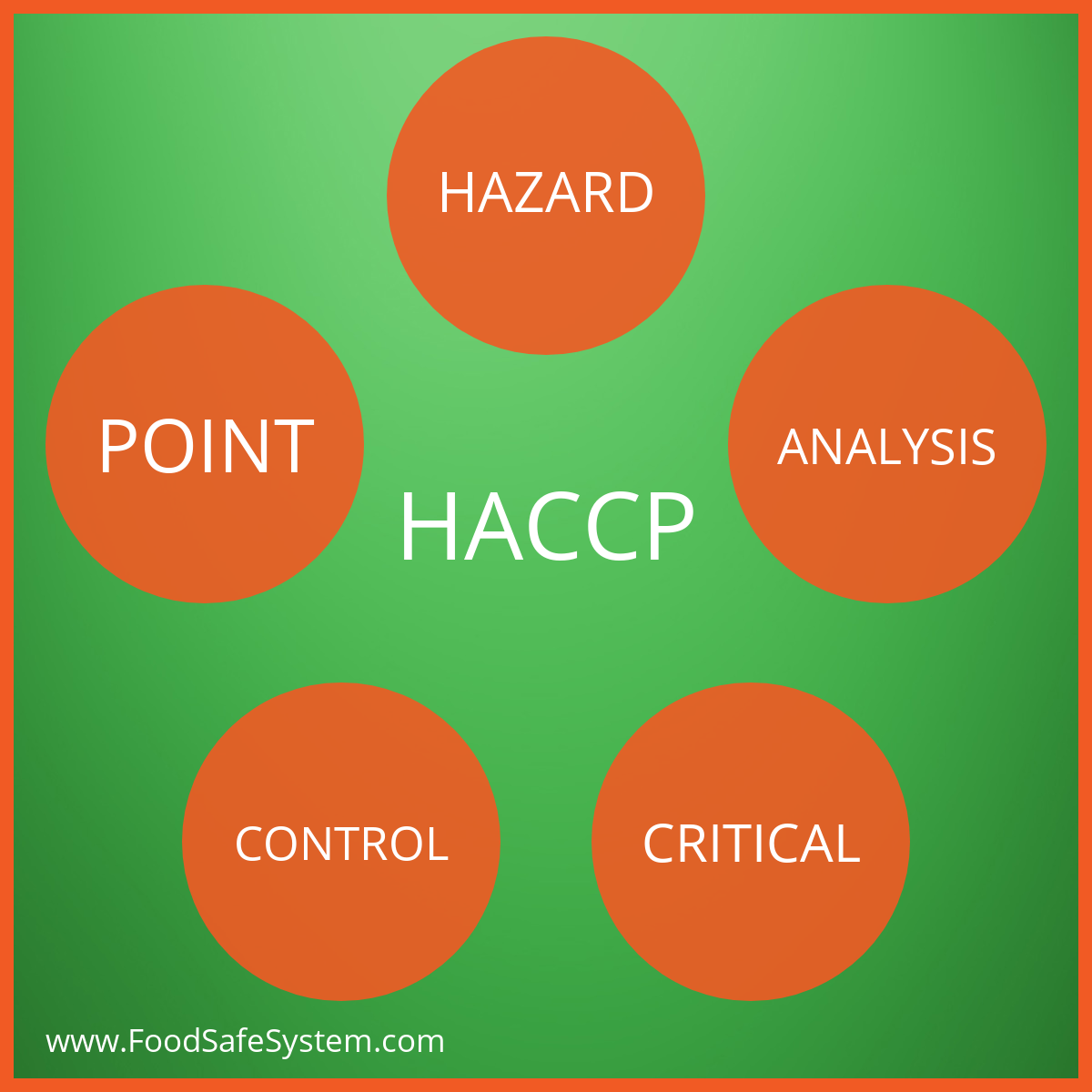Having a commercial kitchen cleaning checklist is useful because it helps you stay organised and keep on top of food safety guidelines.
When it comes to running a commercial kitchen, cleanliness is a top priority. Your customers not only appreciate a clean kitchen, but the law requires it. Whether you run a small restaurant, residential home, large hotel or global fast-food chains, all kitchens must follow food service and health regulations.
So what’s essential to keep your kitchen clean?
From daily maintenance to annual checkups, the Food Safe System commercial kitchen cleaning checklist has listed tasks you need to do, and it’s available as a free downloadable template for your kitchen to use.
Get our commercial kitchen cleaning checklist in a handy pdf, we made it so you don’t have to!
One of the biggest challenges of running a busy commercial kitchen is keeping it clean.
Regular cleaning of your kitchen is essential for food safety and can help lower food waste, reducing overall costs.
Besides the tasks listed in the commercial kitchen cleaning checklist, there are tasks your staff should be taking care of throughout the day.
These tasks include:
- always brushing down the grill between cooking red meat, poultry and fish
- wiping down prep areas between tasks
- switching cutting boards in between tasks
- changing sanitizing water and rags frequently;
- emptying bins when they’re full.
Here are some other kitchen cleaning chores to add to your daily, weekly,
and monthly checklists.
After Each Shift
All shifts share the responsibility of keeping the kitchen clean.
- Clean the fryers
- Brush the grill
- Empty sanitizing buckets
- Put all cleaning rags in dirty laundry
- Put all aprons and chefs coats in laundry (not with cleaning rags)
- Wash and sanitize all surfaces (cutting boards, reach-in, line, prep tables)
- Empty steam table and clean
- Wash meat and cheese slicer after each use
- Cover all bins in reach-in cooler with plastic wrap
- Wash floor mats
- Sweep and mop the kitchen floor
- Sweep walk-in refrigerator
Daily Tasks
To save money and time, some kitchens hire a cleaner who comes at night, someone called a “night porter,” who makes sure the kitchen is up to cleaning standards for the next day of service.
- Clean out grease traps
- Change foil linings of grill, range, and flattop
- Wash the can opener
- Run hood filters through the dishwasher
Weekly
Each of these duties can be rotated throughout the week so that every shift gets an equitable amount of side work.
- Empty reach-in coolers and wash and sanitize them
- Delime sinks and taps
- Clean coffee machine
- Clean the ovens. Be sure to follow the manufacturer’s instruction on this particular job.
- Oil cast iron cookware
- Use drain cleaners on floor drains
Monthly
As with the weekly cleaning list, these monthly jobs should be scheduled throughout the month, on different shifts, so that staff shares the burden of side work.
- Wash behind the hotline (oven, stove, fryers) to cut down on grease build up, which is a major fire hazard
- Clean freezers
- Empty and sanitize the ice machine
- Calibrate ovens
- Calibrate thermometers
- Sharpen the meat and cheese slicer
- Wash walls and ceilings
- Clean refrigeration coils to remove dust
- Wipe down the dry storage area
- Change any pest traps
- Restock your first aid kit
- Update your material safety data sheets, which outline how to safely use any chemicals in your kitchen
Annually
There are also several important things to do each year, to make sure your kitchen is clean and safe. Most require the help of a professional. It’s good to schedule them during slow seasons, or just before your busy season starts up.
- Check fire suppression system
- Check the fire extinguishers (this may need to be done twice a year, depending on where you live)
- Clean the hoods twice a year. Use a professional company that specializes in hood cleaning rather than doing the job yourself (very messy and time-consuming).
- Clean the pilot lights on any gas kitchen equipment (Be sure to follow the manufacturer’s instruction).
Implementing each of these schedules will help your kitchen be safe for employees and customers. It will prevent possible food contamination and help reduce food spoilage and waste, keeping profits high and staff happy.




